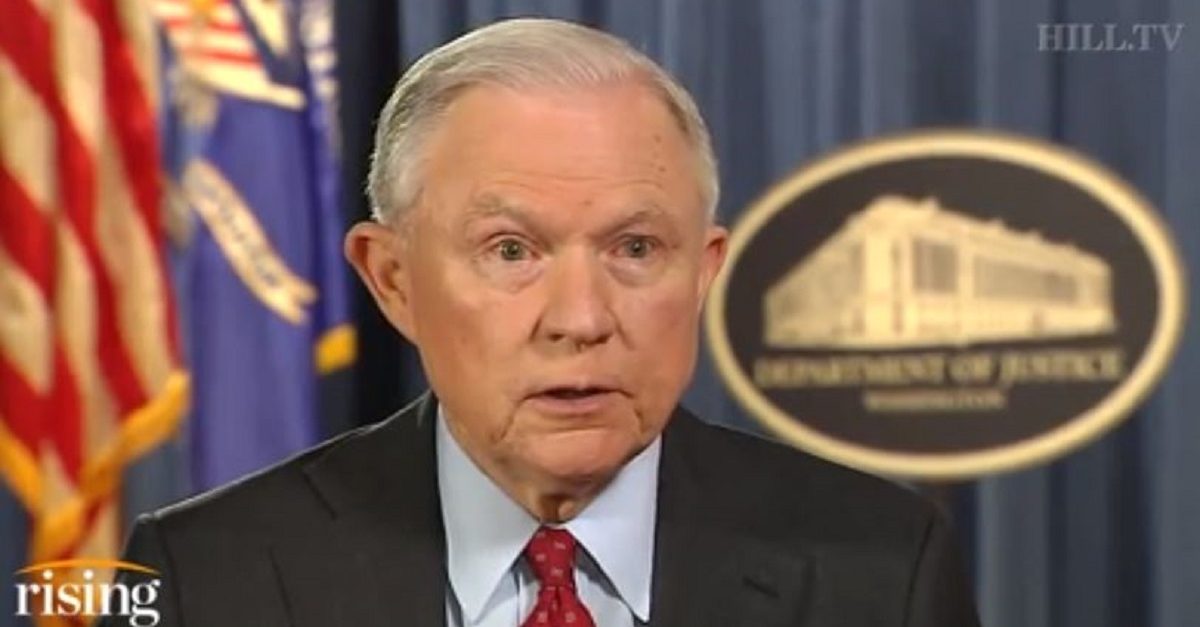
Thursday at 3:00 p.m., California time is the deadline that a federal judge set for the United States government to reunite parents and children who were separated as a result of the Justice Department’s zero tolerance policy on illegal border crossing.
So far, the government has reported that they have reunited 1,012 families, with more than 900 remaining. Judge Dana Sabraw did not say what the consequences might be if the feds fail to comply, but Professor Stephen Yale-Loehr, who teaches immigration law at Cornell Law School, shed some light on several possibilities.
In the event that the government continues to claim they’re doing the best they can, Judge Sabraw could give them additional time to finish reuniting families. Another possibility is that the court could also continue to impose its restraining order that prohibits the government from deporting families as soon as they’re reunited.
Alternatively, we could see the court hold the government in contempt for failing to abide by an order, but Yale-Loehr recognized that this “would not necessarily speed up the reunification process.”
Besides the unknown regarding what will happen as far as those who have not been reunited, there are questions about what might happen to those who are reunited.
“Will they be held in family detention centers?” Yale-Loehr wondered. “Right now, there aren’t enough beds in family detention centers to hold everyone. And doctors have written affidavits explaining that detaining families can cause possible permanent psychological harm.”
The only thing that appears certain is that nothing is that the situation is a mess.
“There are no simple or good answers,”” Yale-Loehr said. “The government created this crisis by separating children and parents without thinking through the potential consequences. It will take advocates and courts take a long time to undo the damage.”
The July 26 deadline came after the Trump administration already missed a July 10 deadline to reunite children under the age of 5 with their parents. When they failed to do this, a Department of Health and Human Services official said in a court filing, “While I am fully committed to complying with this Court’s order, I do not believe that the placing of children into such situations is consistent with the mission of HHS or my core values.” A concern with rushing to reunite children with the adults they crossed with is that the adults may not truly be the parents, and the government wanted to stop child trafficking.
Judge Sabraw was not convinced, saying about the official’s claim:
At a minimum, it appears he is attempting to provide cover to Defendants for their own conduct in the practice of family separation, and the lack of foresight and infrastructure necessary to remedy the harms caused by that practice.
That response seems to indicate that should the government fail to meet Thursday’s deadline, the judge will not be very forgiving.
[Image via The Hill screengrab]